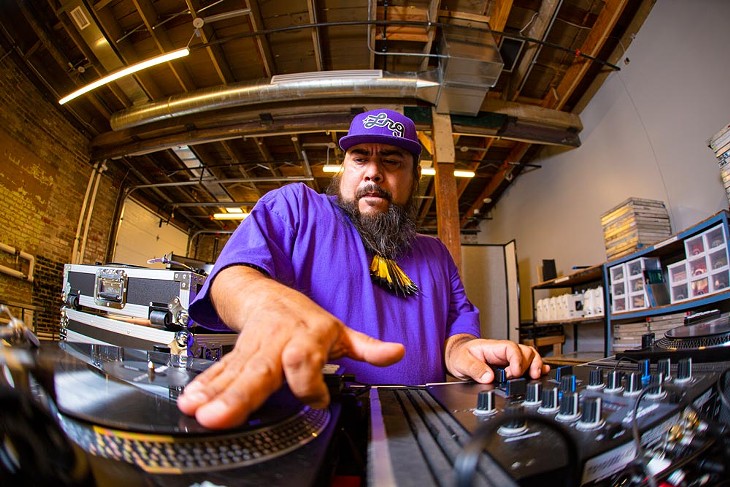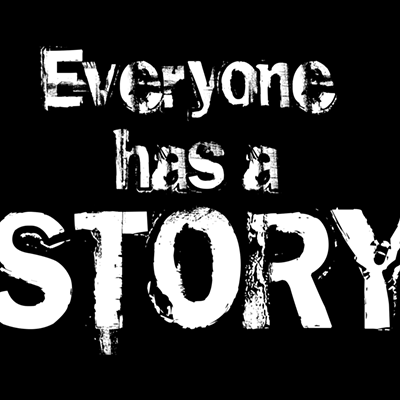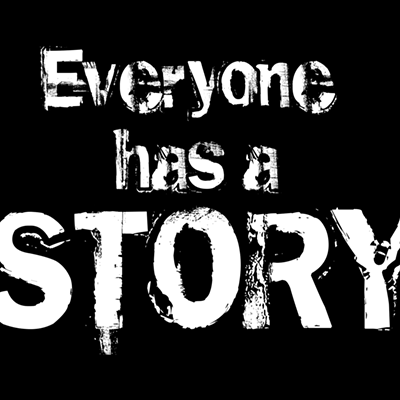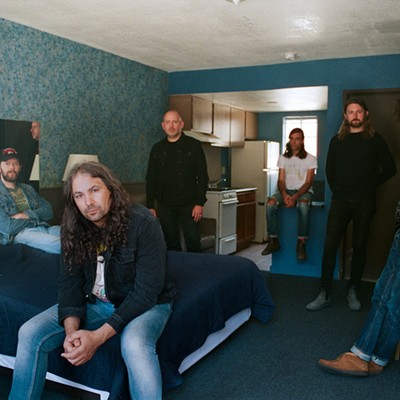Tony Tee may perform under the moniker of Nymasis, but he’s really all about unity.
The Oklahoma City-based battle rapper, producer, DJ and emissary of all things hip-hop has had skin in the game for more than two decades and he’s only gaining momentum.
Over the years, Tee has graced the stage along with some other big names. Among them but not all of them are Devin the Dude, Lil Uzi Vert, Future, Rakim, Atmosphere, Migos, Talib Kweli Lincka and Afroman.
He holds regular DJ spots around Oklahoma City as well as live performances. Tee recently teamed up with Oklahoma hip-hop royal Johnny Polygon, releasing their first single together, “HandOut.” As an added treat, Tee held the release of the video for that song until Oklahoma Gazette’s publication date.
Tee, who is half-Hispanic and half-Native, has leaned on both sides of his heritage, incorporating them into his art and community-building. As a teen
in the late 90s, Tee got caught up with Brian Frejo and the Culture Shock crew. “Culture Shock was an event that we threw every year in November right after the Red Earth Native powwow thing. It would be every year during Red Earth weekend so people will come from all over the country from Texas, Cali,” Tee said.
“They was traveling around the country doing reservations. They was DJing. they was B-boying, they was rapping, but also they were mentoring, Suicide’s real crazy. Obviously, alcohol is a real epidemic thing but I hadn’t seen that, really, from people our age talking to people our age or younger. And so mentoring from 18, 19 was super a part of it. There was no rapping or dancing or DJing if there wasn’t the mentorship that came with that. ... They could see that there was brown people doing this. There was brown people out here traveling. That in itself was like, ‘Damn.’ People were like, ‘I can do this? I can rap?’ And they could, so it was real, real dope to be able to have that influence real early.”
He was primarily known as a battle rapper from 1999-2005, appearing at major events all across the country, including Scribble Jam, School of Thought, and King of the City. But the lack of a title to his moniker allows him not to be pigeonholed into one type of performer, he said.
“I think a lot of us put ourselves in boxes whenever we say, ‘I am a producer. I’m a DJ. I am a dancer. I’m a painter.’ Doesn’t matter, outside of hip-hop even, it just seems to want to be the natural thing to label ourselves. It’s something I try to steer clear of because all doors are open right now. That’s one of the things that we’re able to reach all demographics whenever we have our classes: in hip-hop, there’s something for everybody,” Tee said.
That spirit is what got Tee involved in community work, which began picking up steam during the “Not For Sale” exhibition at Oklahoma Contemporary. Tee partnered with Angel Little, who originally got him into mentoring and teaching, and the pair now teach “DJ School” at the new studio facility on the site of the main building along Broadway Ave. and NW 11th Street.
In addition to that work, he has also partnered with the Oklahoma Office of Juvenile Affairs and Urban League among others. He and Little have recently started working with a youth center in Tecumseh as well.
“There’s something for the shy kid who doesn’t like to talk a lot. There’s something for the tech kid who just likes games, the writers who just like poetry and stuff like that. They don’t have no aspirations to be rappers or anything, just letting them know the many facets of writing, the many genres and facets of art production. Even recording. Some people who don’t want to be the front guy, but they’re decent engineers because they still like being a part of it. Or it’s just recording people and that gets you into TV and all this other stuff to where that’s how they record their stuff. That happens to be how we record rap stuff too, but that’s also how a real production goes. TV studio craft, voiceovers and all the anime and stuff that they’re really into and so it’s able to check all those boxes ... I just really like to keep labels off of everything. Even in our classes, I’m willing to drop ‘hip-hop’ because it’s just so much more. So much embodying the arts and just inclusiveness,” he said.
After being involved in the scene for more than 23 years, Tee has decided to stick his neck out and try making his art his living for a change. He recently just stepped away from his “real job” to do his thing as a full-time gig.
“As adults, man, we beat the fuck out of ourself ... because we’re caught up in life and this seems to be something that we used to do or me, you know? ‘I used to DJ. I used to rap. I used to dance. I used to paint graffiti. All that shit. Now I’m a parent and I work a real job.’ And that’s all valid and probably more valid than what I do, but it’s good to be a light-house for anybody that just is kind of out there floating,” Tee said.













